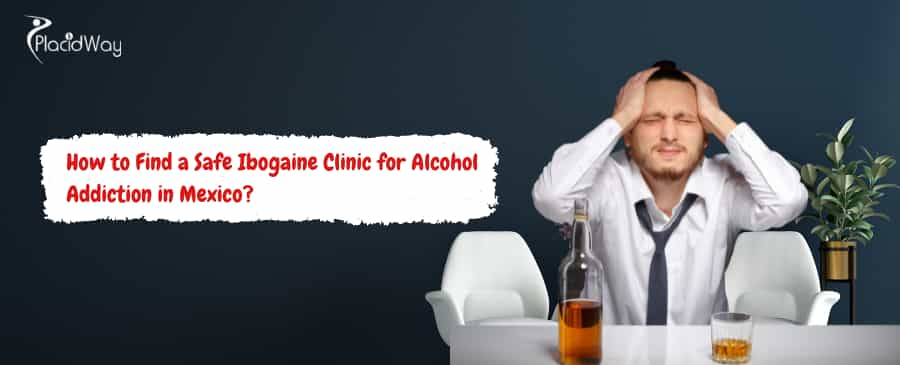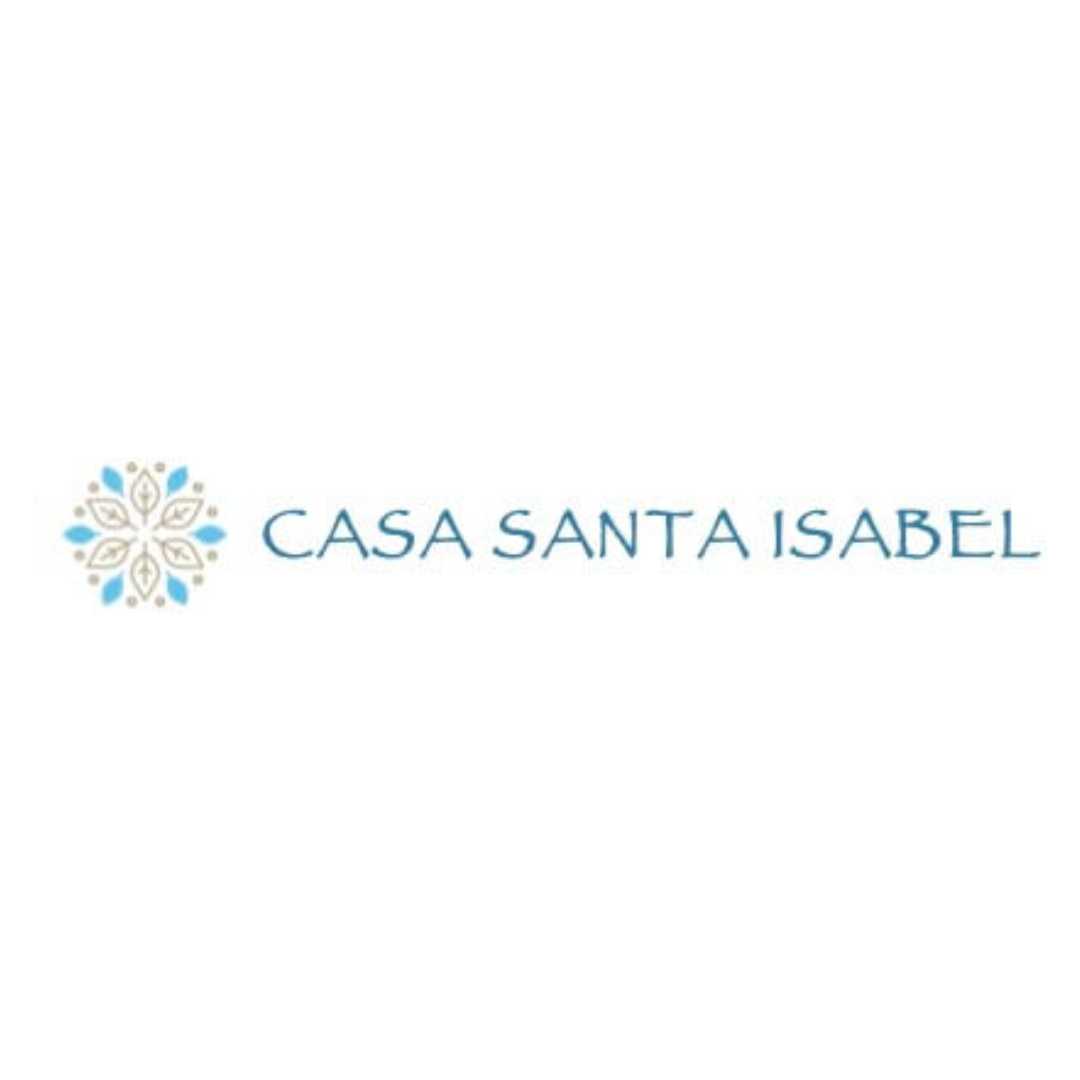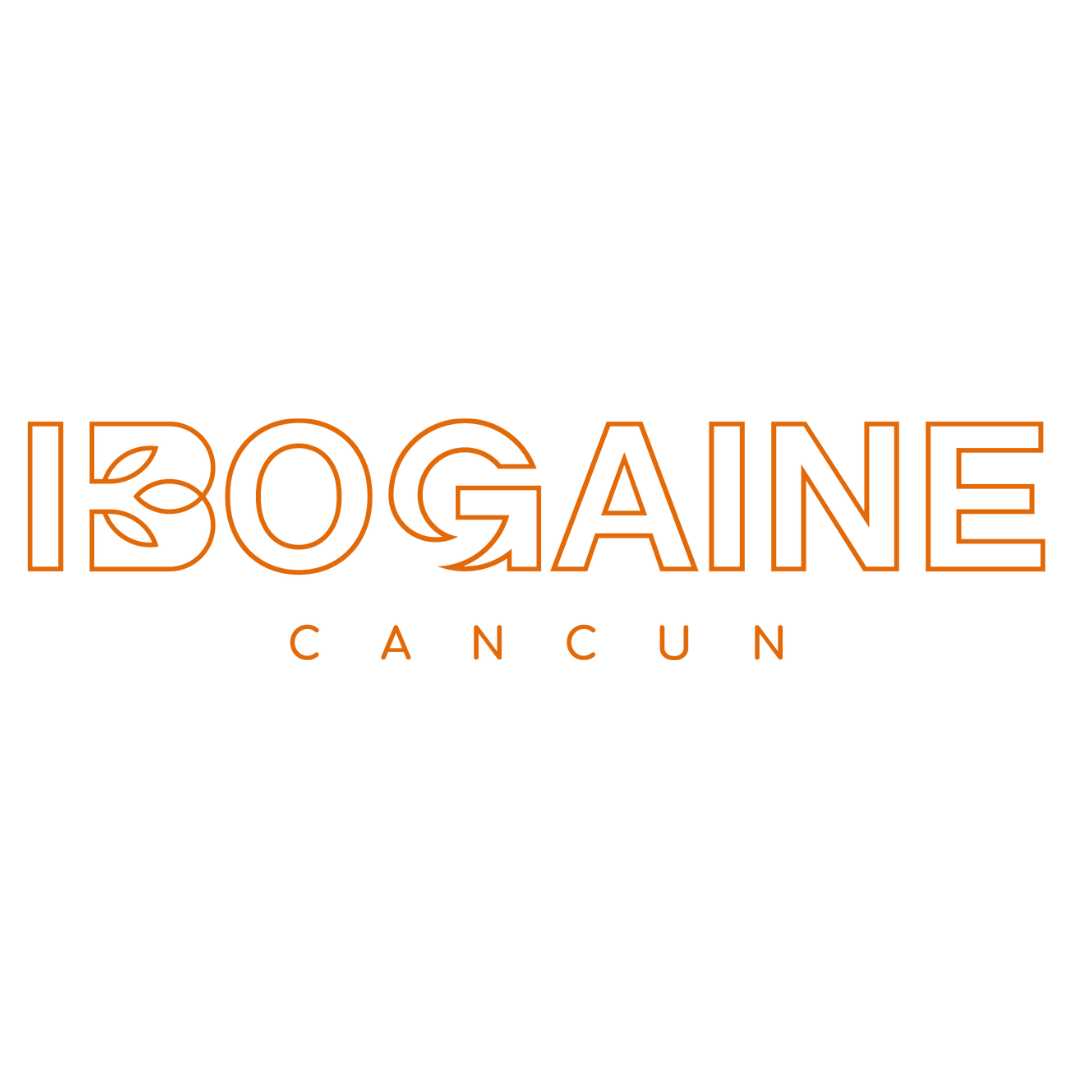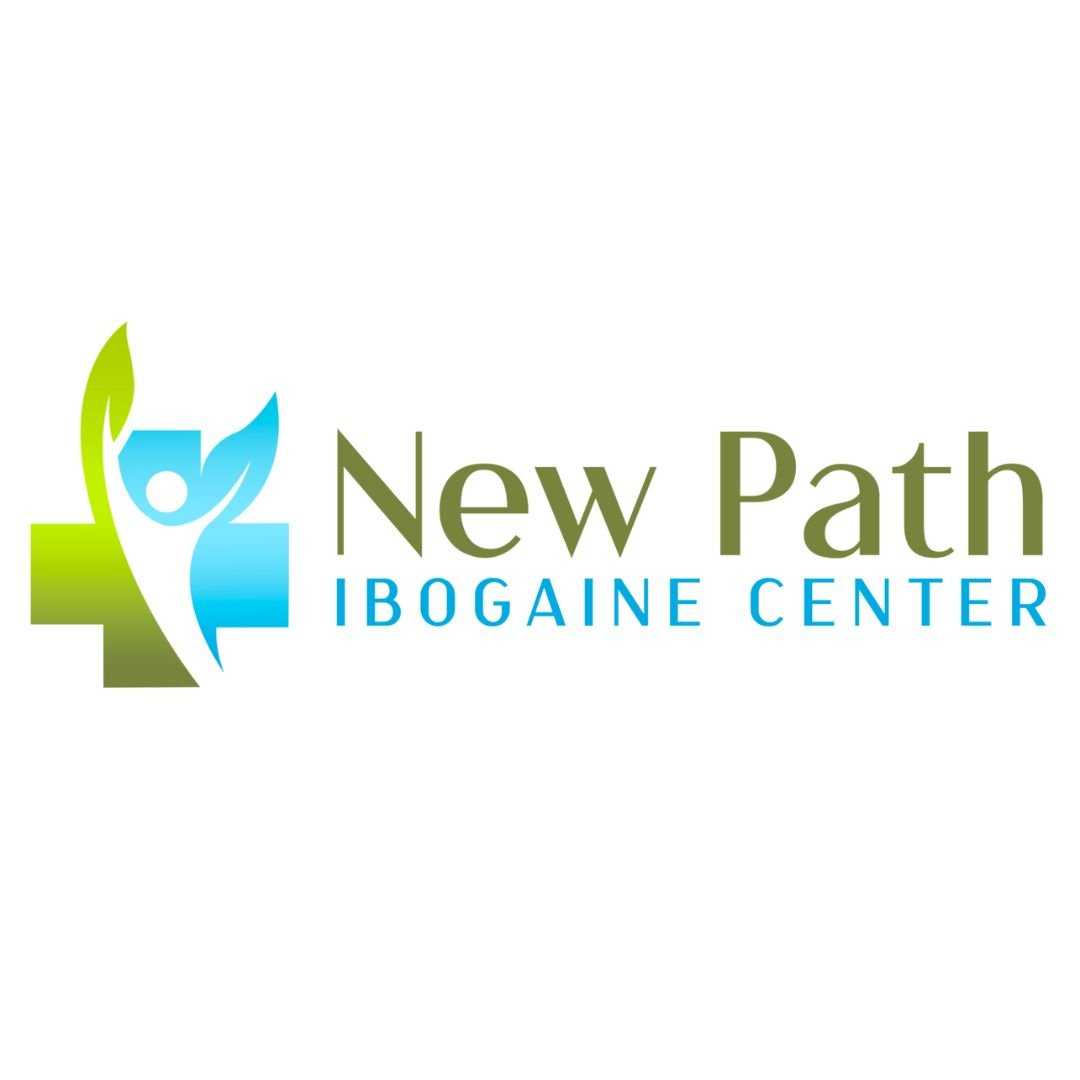Alcohol Addiction: Find Safe Ibogaine Treatment Mexico
Finding a path away from alcohol addiction can feel like a lonely, uphill battle. Traditional methods don't work for everyone, which has led many to explore alternative treatments. One such treatment gaining attention is Ibogaine, a psychoactive substance derived from a West African shrub. It's known for its potential to interrupt addictive patterns, and many people seek Ibogaine treatment in Mexico due to its legal status there. But this journey comes with a critical question: how do you find a safe clinic?
The allure of a "reset" is powerful, but the risks are real. The internet is filled with options, from luxury retreats to questionable providers. When it comes to Ibogaine for alcohol addiction, the stakes are incredibly high. Unlike other substances, alcohol withdrawal can be life-threatening on its own, and combining this risk with a powerful substance like Ibogaine requires the highest level of medical care. An unsafe clinic isn't just a waste of money; it's a danger to your life.
This guide is designed to cut through the noise. We're here to answer the questions you're searching for, providing clear, expert information to help you navigate this complex decision. We'll cover everything from Ibogaine safety and medical protocols to costs and the vital questions you must ask any provider. Your safety is the number one priority, and that starts with being informed.
What is Ibogaine treatment for alcohol addiction?
Ibogaine is a naturally occurring compound found in the Tabernanthe iboga plant. When administered in a therapeutic setting, it is reported to have profound effects. For alcohol addiction, the treatment is thought to work in two main ways. First, it interacts with neurotransmitter systems in the brain, helping to "reset" the pathways associated with addiction. Many patients report a significant reduction or even complete elimination of alcohol cravings and withdrawal symptoms after a single treatment.
Second, Ibogaine is a powerful psychedelic. It induces a dream-like, introspective state where individuals often revisit past experiences and gain new perspectives on their lives and behaviors. This psychological component can be crucial for addressing the underlying trauma, emotional pain, or mental patterns that contribute to alcohol dependency. It's not just a physical detox; it's a deep psychological process.
Why do people go to Mexico for Ibogaine treatment?
The primary driver is legality. In the U.S., Canada, and many European countries, Ibogaine is illegal, making it impossible to access treatment legally. Mexico, by contrast, does not classify Ibogaine as a controlled substance, creating a legal gray area where treatment centers can operate. This has made Mexico a global hub for Ibogaine therapy.
Beyond legality, this has allowed for the development of specialized centers with years of experience. Many clinics are located in serene, resort-like environments in places like Baja California or Cancun, offering a peaceful setting for healing. Furthermore, the cost of Ibogaine in Mexico can be more accessible than other forms of long-term residential rehab in the U.S.
Is Ibogaine legal in Mexico?
This is a key distinction. While the substance isn't banned, that doesn't mean the industry is "regulated" for safety. The government isn't providing specific oversight for Ibogaine therapy. Instead, clinics are supposed to be licensed as general medical facilities or rehab centers.
This is why finding a safe Ibogaine clinic in Mexico is entirely the patient's responsibility. A reputable clinic will be transparent about its licensing as a medical facility and will have licensed medical doctors on staff. Be wary of any provider that isn't a formal, licensed medical clinic.
What makes an Ibogaine clinic in Mexico safe?
Safety is the single most important factor. An unsafe clinic puts you at risk of serious cardiac complications or even death. Here are the non-negotiable elements of Ibogaine safety:
- On-Site Medical Staff: This means licensed doctors (MDs), cardiologists, and emergency-trained nurses present 24/7 during and after the treatment.
- Advanced Medical Equipment: The facility must have hospital-grade equipment, including continuous cardiac monitors (EKG/ECG), defibrillators, oxygen, and all necessary emergency medications.
- Thorough Pre-Screening: A safe clinic will deny treatment to high-risk patients. They must require a full blood panel, liver function test, and a recent EKG before you are even approved for travel.
- Emergency Protocols: They must have a clear, established plan for handling a medical emergency, including a relationship with a nearby hospital.
- Purity of Ibogaine: The clinic should be ableto verify the source and purity of their Ibogaine, often through lab testing (mass spectrometry).
What medical supervision is required for safe Ibogaine treatment?
Ibogaine can cause a condition known as QT prolongation, which is a disturbance in the heart's electrical rhythm. This is the primary risk of treatment. Therefore, medical supervision must be centered on cardiovascular safety. A simple pulse oximeter is not enough.
You must be connected to a continuous EKG monitor, and a medical professional (ideally a doctor or cardiologist) must be actively reading it. The treatment should be immediately stopped if any dangerous arrhythmias are detected. Supervision also means having an IV line in place to quickly administer medications or fluids if needed. Anything less than this is dangerously negligent.
What are the dangers of unsafe Ibogaine clinics in Mexico?
Fatalities associated with Ibogaine are almost always cardiovascular. An unsafe clinic might fail to perform a pre-screening EKG, missing a pre-existing heart condition. They might not monitor your heart during the treatment, failing to notice a developing arrhythmia. Or, if an emergency does happen, they may not have the life-saving equipment (like a defibrillator) or trained staff to respond.
For Ibogaine for alcohol addiction specifically, there's the added danger of Delirium Tremens (DTs) or seizures from acute alcohol withdrawal. An unsafe clinic may not be equipped to manage this, which is a medical emergency in itself, even without Ibogaine.
What medical tests are required before Ibogaine treatment?
Do not trust any clinic that does not demand these tests. The EKG is the most critical, as it checks your baseline heart rhythm. The liver function test is also vital because Ibogaine is metabolized by the liver; a poorly functioning liver can lead to a dangerous buildup of the substance in your system.
A reputable clinic will have their medical doctor review your test results before you are approved for treatment. They should also perform another EKG and blood work upon your arrival in Mexico to ensure nothing has changed.
Can I take Ibogaine if I have a heart condition?
This is a hard and fast rule. Ibogaine safety depends on a healthy heart. The primary risk of Ibogaine is that it can slow the heart rate and prolong the "QT interval," which is the time it takes for your heart muscle to recharge between beats. If this interval gets too long, it can lead to a life-threatening arrhythmia called Torsades de Pointes, which can result in sudden cardiac arrest.
Any clinic willing to treat someone with a known heart issue is not a medical facility; it is a reckless and dangerous operation. Honesty during your medical screening isn't just a formality—it is essential to keeping you alive.
What are the specific risks of Ibogaine for alcohol withdrawal?
You cannot and should not take Ibogaine while in active alcohol withdrawal. The cardiovascular and neurological stress is too high. A safe Ibogaine clinic in Mexico will not treat an active alcoholic. They will require a pre-detox period.
This pre-detox must be done under medical supervision. The clinic should manage your alcohol withdrawal with appropriate, tapering medications (often benzodiazepines) in a safe environment for several days. Only after your body is stable and you are no longer at risk for withdrawal seizures will they schedule the Ibogaine treatment. Any clinic that suggests you can just stop drinking and take Ibogaine the next day is putting your life at risk.
How should I prepare for Ibogaine treatment for alcoholism?
A safe clinic will guide you through this process. Here's a typical preparation plan:
- Medical Screening: Submit your EKG and blood tests to the clinic's medical team for approval. Be 100% honest about your alcohol consumption and any other medications you are taking.
- Supervised Pre-Detox: Arrive at the clinic 5-7 days before your planned Ibogaine session. Their doctors will manage your alcohol withdrawal safely.
- Mental Preparation: In the days leading up to the treatment, work with the clinic's staff or a therapist to set intentions. Why are you doing this? What do you hope to understand? This is not a passive experience; your mindset matters.
- Physical Preparation: In the weeks before, focus on nutrition. Your body will be under stress, so give it the resources it needs. Hydration is also key.
What questions should I ask an Ibogaine clinic before booking?
Here is a checklist of questions. The answers should be immediate and confident. If they are vague, that is a major red flag.
- Who is your Medical Director, and what are their credentials?
- Will a licensed doctor be on-site during my entire treatment?
- What are your nursing staff's qualifications? Are they ACLS-certified?
- Do you use continuous EKG monitoring, or just a pulse oximeter? (The answer MUST be continuous EKG).
- What emergency equipment do you have on-site? (Should include defibrillator, oxygen, crash cart).
- What is your protocol for a cardiac emergency?
- How close is the nearest hospital, and do you have an admissions agreement?
- What is your specific protocol for Ibogaine for alcohol addiction? (Must include a 5-7 day pre-detox).
- What medical tests do you require *before* I am accepted?
How can I verify a clinic's credentials and reviews?
This is difficult, as the industry is not formally regulated. Do a "Google background check" on the clinic's name, its owners, and its medical director. Look for negative reports or news articles. Be wary of overly slick marketing.
Ask the clinic to speak with a former patient who was treated for alcohol addiction. A reputable clinic should be able to facilitate this. Ask the former patient detailed questions about the medical supervision they received. Did they feel safe? Were they on a heart monitor? Was a doctor present? This firsthand information is invaluable.
What is the cost of Ibogaine treatment for alcohol addiction in Mexico?
Be extremely wary of any clinic offering treatment for alcoholism for under $7,000. A low price is a major red flag that they may be cutting corners on medical safety, specifically the costly but essential pre-detox period. This extended medical supervision is non-negotiable for safety and is the main reason for the higher price tag.
The final price depends on the length of stay, the level of amenities (private vs. shared room), and the comprehensiveness of the Ibogaine aftercare program. Below is a sample cost comparison to help you understand what to look for.
Sample Cost Comparison: What to Expect
| Clinic Type | Estimated Cost (USD) | What It Likely Includes | Potential Risks |
|---|---|---|---|
| Low-Cost / "Budget" Clinic | $4,000 - $6,500 | A short stay (3-5 days), basic (or no) medical monitoring, and no pre-detox. | EXTREMELY HIGH RISK. Likely no medical detox for alcohol, no EKG, no doctor on-site. Risk of death is significant. |
| Medically-Supervised Clinic (Recommended) | $7,000 - $12,000 | A 7-10 day stay, including a 5-7 day supervised medical pre-detox, all medical screening, 24/7 nursing, doctor-led treatment, and continuous EKG. | Lower risk, as safety protocols are followed. This is the minimum standard for safety. |
| Luxury / All-Inclusive Clinic | $13,000 - $20,000+ | All medical safety protocols, plus a 10-30 day stay, private luxury room, chef-prepared meals, and extensive integrated aftercare (therapy, coaching, etc.). | Risk is low (medically), and the focus is on long-term integration and comfort. |
What is included in the cost of an Ibogaine program?
When comparing costs, ask for a detailed breakdown. A reputable clinic's fee will cover:
- Medical Care: This is the most important part. It includes the doctor's time, 24/7 nursing, all medications for the alcohol detox, and the use of medical monitoring equipment.
- Accommodations: Your room and board for the entire stay (7-14 days).
- Food: Healthy meals prepared by a chef.
- Therapy: Pre- and post-Ibogaine counseling and integration sessions.
- Transport: Pickup and drop-off from the airport.
What is a typical Ibogaine treatment protocol for alcohol addiction?
Here is a step-by-step example of a safe protocol:
- Day 1: Arrival & Intake. You are picked up and brought to the clinic. You have a full physical and medical intake with the doctor, including an EKG and blood work. You begin your supervised alcohol detox.
- Day 2-5: Medical Detox. You are under 24/7 medical care as your body withdraws from alcohol. The medical team manages your symptoms to keep you safe and comfortable.
- Day 6: Treatment Day. You are cleared by the doctor. You are connected to the continuous EKG monitor. The doctor administers the Ibogaine (often in tapering doses) and monitors you closely for the entire 6-8 hour experience.
- Day 7: Recovery. You rest and recover. You are still under medical observation. You will likely feel tired as your body and brain recalibrate.
- Day 8-9: Integration. You meet with a therapist or coach to begin processing your experience and creating a plan for your return home.
- Day 10: Departure. You are cleared for travel and transported back to the airport.
How long does the Ibogaine treatment process take?
The Ibogaine session itself (the psychoactive part) typically lasts between 6 and 8 hours. However, the substance remains in your system, and the body needs time to recover. The most critical part of the timeline for an alcoholic is the pre-detox. Any clinic offering a 3-5 day program for alcohol addiction is not performing this essential safety step.
What is the success rate of Ibogaine for alcohol addiction?
Be very skeptical of any clinic that advertises a high "success rate." Addiction is a complex chronic_illness, and there is no magic bullet. Ibogaine is a powerful tool that can give you a "clean slate" by interrupting cravings and providing psychological insight, but it does not "cure" addiction.
Success comes from using that window of clarity to build a new life. The hard work of recovery begins *after* you leave the clinic. The most "successful" patients are those who commit fully to therapy, support groups, and lifestyle changes when they return home.
What kind of aftercare is essential after Ibogaine treatment?
Ibogaine aftercare is arguably the most important part of the entire process. The Ibogaine treatment "opens the door," but aftercare is how you "walk through it." A good clinic will provide a structured aftercare plan before you even leave.
This plan should include:
- Integration Coaching: Regular sessions with a therapist or coach who understands the Ibogaine experience. This helps you make sense of your insights and apply them to your life.
- Support System: Connecting with support groups (like AA, SMART Recovery, or Ibogaine-specific groups).
- Lifestyle Plan: A concrete plan for nutrition, exercise, and managing stress.
- Trigger Management: A strategy, developed with your therapist, for how you will handle triggers (people, places, or feelings) that used to make you drink.
What is not allowed at an Ibogaine clinic in Mexico?
This is for the safety of you and all other patients. Bringing in outside substances puts the entire facility at risk. You must be 100% transparent about all medications you take, as many common drugs (especially SSRI antidepressants) can have dangerous interactions with Ibogaine and must be tapered off weeks in advance.
Is Ibogaine a "magic cure" for alcoholism?
Going into treatment expecting a magic fix is a setup for disappointment. The experience itself can be difficult and challenging. It shows you the patterns and unresolved issues in your life; it doesn't solve them for you.
Think of Ibogaine as the ultimate catalyst. It can break down the walls that kept you stuck, but it is your responsibility to build a new, healthier life in the space it creates. That is where the real journey of recovery begins.
Finding the right path to recovery is a deeply personal journey. If you are exploring medical tourism for addiction treatment or other health services, PlacidWay is here to help you navigate your options safely and connect with trusted, pre-vetted providers.
Explore Your Healthcare Options with PlacidWay

.png)


.png)
.png)
.png)
.png)






Share this listing